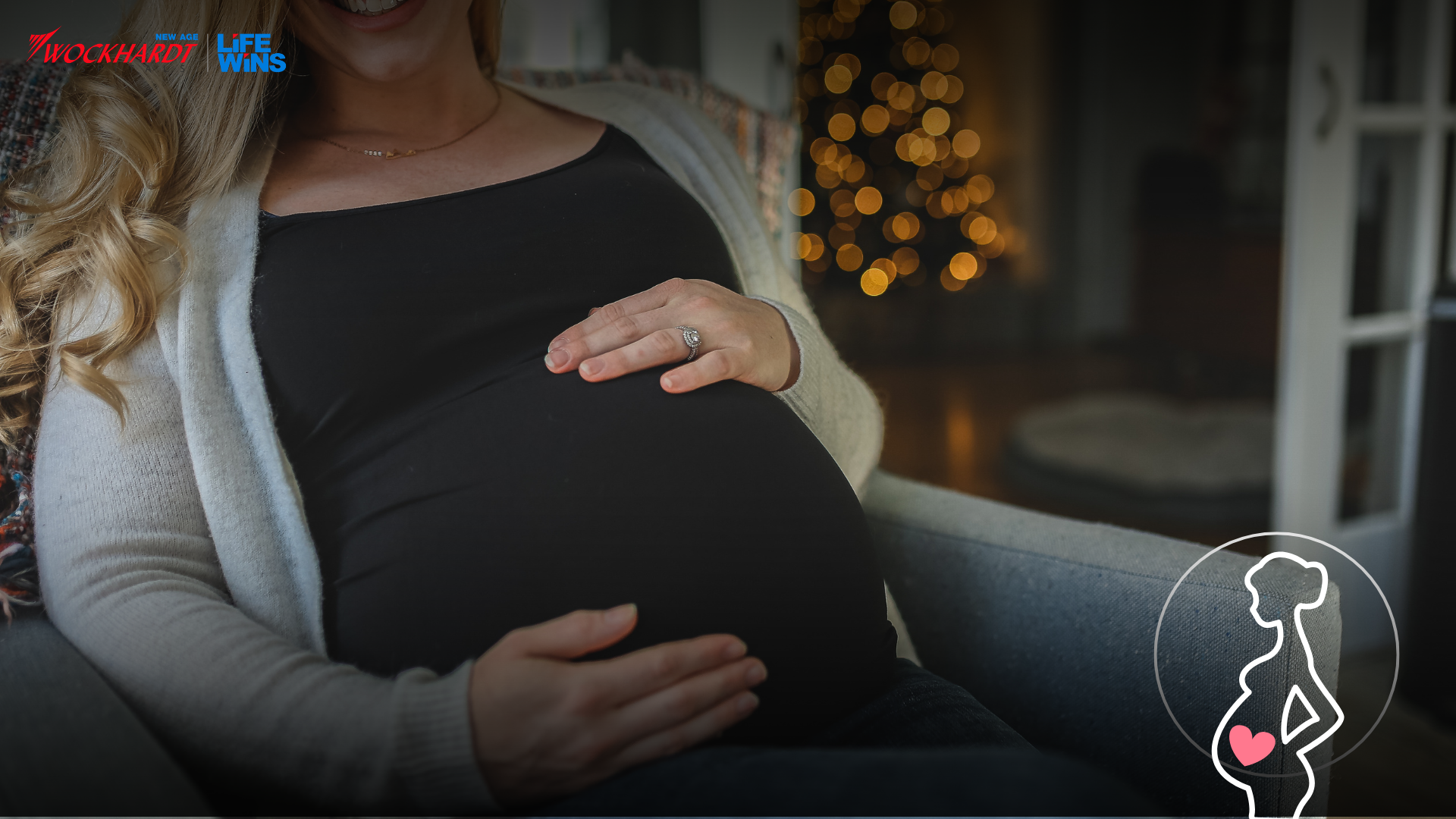Vagina is the most sensitive part of women. The slightest carelessness towards this can be heavy on women. Like other organs, cleaning the vagina is also very important (Importance of Vagina Cleaning). Often women forget to clean or wash their vagina after urinating, but cleaning it is very important to keep the vagina healthy. If you do not clean the vagina after urination, there is a risk of getting an infection.
Actually, even after urinating, some drops stay in the pubes, which later fall into the underwear. Due to this the underwear smells and bacteria start to grow. Due to this, there is a risk of urinary tract infection ie UTI. In such a situation, it is very important to clean the vaginal area after urination. For this, you can either wash your vagina with the help of water. Or you can wipe it with the help of tissue paper.
Both methods remove the dirt and stagnant urine droplets on the vagina, but do you know which of these two methods is better to clean the vagina. How should you keep your vagina clean? Know from Dr. Indrayani Salunkhe, Gynaecologist, Wockhardt Hospitals, Mumbai Central, Gynecologist at Wockhardt Hospitals, Mumbai Central, after urination, the vagina should be washed with water or wiped with tissue paper-
Wash From Water
These days toilet paper ie tissue paper is used more in the toilet. Often people use tissue paper after urinating or having a bowel movement. If you want, you can also use water to clean your vagina. Washing the vagina with water clears all the urine droplets, but it keeps the vagina wet and moisture remains in it. Due to which there is a high risk of bacterial growth.
Clean From Tissue Paper
The vaginal area becomes wet after urinating, so if it is not cleaned properly, the chances of getting bacteria increase. Earlier people often used water to clean their vagina, but the vagina remains wet with water. This keeps moisture in the vagina, which gives rise to bacteria. For vaginal hygiene, it is very important for the vagina to be dry or dry, which does not cause infection. Tissue paper is very helpful in absorbing the moisture of the vagina. The vagina can be easily cleaned with the help of tissue paper. But rubbing the tissue paper more and faster in the vagina can cause burning and pain in it. This is a very sensitive part, which should be cleaned with light hands.
What to Avoid While Cleaning the Vagina?
The following is a list of things you need to avoid for vaginal hygiene:
- Don’t use scented soap or gels; instead, simply rinse your external genitals with warm
- water.
- Always clean with warm water, as it helps eliminate bacteria.
- After each time you use the toilet, wipe your vagina from front to back.
- Rather than entirely shaving off the pubic hair, trim it with scissors.
What Are the Benefits of Cleaning the Vagina After Peeing?
The benefits of cleaning the vagina after peeing are:
- Reduces the likelihood of experiencing skin problems and irritations.
- Decreases your chances of contracting infections like urinary tract infections (UTIs).
- Reduces the chance of bacterial vaginosis recurring.
When Should You Consult a Gynecologist?
If a person’s vaginal odour suddenly changes, especially if the odour is quite strong, they should
contact a doctor. A fishy smell usually indicates bacterial vaginosis. If a woman has an unusual
discharge or an unpleasant vaginal odour, she should consult a doctor, as these are some of the
initial symptoms of an infection that might require treatment.
Washing the vagina with water after urination keeps the moisture in it, due to which there is a risk of infection.
Rubbing the tissue paper can cause burning and pain in the vagina. In this case, clean it with light hands.
Dr. Indrayani Salunkhe says that you can use water and tissue paper for cleaning the vagina after urination. But for good hygiene, you should use both together. For this, first, wash your vagina with clean water after urinating. After this, wipe it with tissue paper with light hands, so that the vagina will not remain wet and the risk of infection will be reduced to a great extent.


















